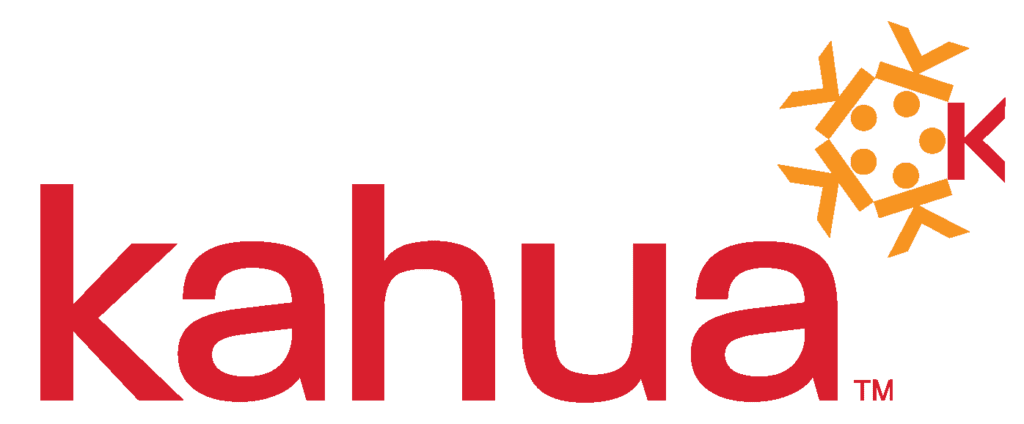Construction Progress Tracking: Complete Guide
In the world of construction, completing projects on time is not just a goal; it’s a necessity. It’s essential to stay ahead of delays before they lead to budget overruns, strained client relationships, and missed opportunities.
Modern construction progress tracking tools give managers a high-level view of every phase of a project. This ensures the project is on schedule and within scope. By leveraging modern tools and techniques, construction managers can mitigate risks, enhance communication, and deliver quality outcomes.
Read on to learn:
- What Is Construction Progress Tracking?
- Why Progress Tracking Matters in Construction
- Core Methods & Workflow for Tracking Progress
- Construction Progress Tracking Software: What to Look For
- Common Challenges and How to Overcome Them
- Making Tracking Strategic: From Field to Portfolio
- FAQ: Construction Progress Tracking
What Is Construction Progress Tracking?
Construction progress tracking is the practice of monitoring and evaluating a project’s advancement against its planned schedule, budget, and objectives. It involves collecting data on various activities, assessing their status, and ensuring alignment with the overall project goals.
Understanding how to track construction progress starts with recognizing how it differs from traditional project management. Project management shows where a project should be, while progress tracking shows where a project actually is.
Knowing the difference allows you to identify bottlenecks early and implement corrective measures to prevent costly delays or scope creep.
Why Progress Tracking Matters in Construction
- Enhanced Visibility: Real-time progress tracking keeps stakeholders aligned on milestones, responsibilities, and risks with clear, actionable insights from centralized project data.
- Early Issue Detection: Early issue detection allows for timely interventions, reducing delays and catching schedule, cost, or quality discrepancies before they impact performance.
- Speedy Decision Making: Data-driven tracking enables quick decision-making, so time is no longer lost to issue investigations or late alerts.
- Budget Adherence: Real-time cost and progress visibility helps identify overruns early, meaning you can align spending with milestones and keep projects efficient and on budget.
- Accountability: Construction progress trackers create transparency on tasks, timelines, and responsibility to foster stakeholder accountability and a high-trust environment.
Core Methods & Workflow for Tracking Progress
A well-defined approach to tracking construction progress ensures projects are completed on time and within budget.
1. Set a Baseline
Before work begins, establish your project schedule, budget, and scope. This serves as your benchmark for all future comparisons, from the beginning to your construction project closeout.
2. Capture Updates
Set up a flow to capture accurate, real-time field data that reflects actual progress. This can be pretty detailed, including daily reports, material use, equipment status, and labor.
Standard tracking methods include:
- Field Observations: These are regular site walks teams conduct to document progress, verify completed work, and capture photos or notes relevant to the job.
- Digital Logs: This is your field data. It includes daily progress reports, inspections, and material usage, which are usually entered directly into your database.
- Forecasting: Cash flow forecasting is the practice of analyzing collected data to project future performance. It allows teams to anticipate future schedules or budget impacts.
3. Compare Against Baseline
Once data starts coming in, you can compare your performance metrics to the benchmark to identify deviations. These often signify a delay or overrun.
4. Adjust and Communicate
If you’ve noticed deviations in your construction project controls, it’s time to make data-driven adjustments around resources or timelines. Ensure all stakeholders remain informed through consistent, centralized reporting.
Construction Progress Tracking Software: What to Look For
Modern construction progress tracking should empower stakeholders to be aligned and informed. They do this by providing real-time data, mobile updates, dashboards, analytics, and integrations.
- Real-time Data: Platforms are most effective when they organize field information in a centralized place, enabling real-time visibility. Combine this with mobile accessibility, and it means decision makers can act on current conditions, not yesterday’s news.
- Mobile Updates: Field teams can log progress, upload photos, and flag issues entirely from their mobile devices. These updates flow into the centralized system, which provides office teams with immediate site insights (and material for the ongoing construction punch list).
- Dashboards and Analytics: With customizable dashboards, you can translate complex ideas into visual summaries of important metrics. Schedule adherence, money spent, and quality performance metrics can provide a big-picture view of productivity across sites.
- Integrations: Updating a tech stack can be expensive, so look for solutions that integrate easily with your existing systems. This will provide audit-ready visibility across every project phase.
Common Challenges and How to Overcome Them
The adoption of construction progress tracking is a great start, but a few recurring challenges can undermine its accuracy and efficiency:
- Outdated Methods: A centralized digital platform with automated data collection and real-time updates beats the slow, error-prone reports of manual spreadsheets and trackers.
- Fragmented Communication: Unlike disconnected systems, which can hinder coordination and transparency, integrated collaboration tools and dashboards connect teams for seamless communication and construction project handovers.
- Inconsistent Data Entry: Whereas complicated workflows can lead to inconsistent data entry, an intuitive, easy-to-use tool can ensure team members log data reliably.
- Resistance to Change: Training that demonstrates how modern tools save time and improve job satisfaction can ease resistance from teams accustomed to traditional methods.
Making Tracking Strategic: From Field to Portfolio
For managers overseeing large portfolios, construction progress tracking is more than just monitoring activity. It’s about using data for strategic oversight. Modern platforms aggregate updates from multiple projects and sites, creating a unified view of important metrics like budgets and milestones.
With advanced analytics, teams identify trends across programs, compare project health, and make proactive adjustments that save time and money. Instead of managing isolated reports, leaders get an integrated snapshot that feeds long-term planning.
Track progress with confidence using Kahua’s Analytics and Cost Management Suite.
FAQ: Construction Progress Tracking
What Are the Best Methods to Track Construction Progress?
The best methods combine site observations, digital logs, and forecasting capabilities. When field teams capture daily updates, centralized platforms consolidate that data into dashboards and reports. This strengthens strategy planning, resource allocation, and timeline adherence, which helps with construction cost control.
How Does Software Help Track Construction Progress?
Construction progress tracking software automates data collection, connects field and office teams, and provides real-time analytics.
When teams replace manual spreadsheets with dynamic dashboards, project managers can identify delays and track counts. This also helps maintain team accountability, as every member has full visibility on how projects stand.
When Should Progress Tracking Start on a Project?
Progress tracking starts the moment a project starts. This is when team leads establish a baseline schedule, budget, and scope.
These baselines allow teams to measure performance from day one, identify risks faster, and make proactive adjustments throughout the construction project lifecycle.


